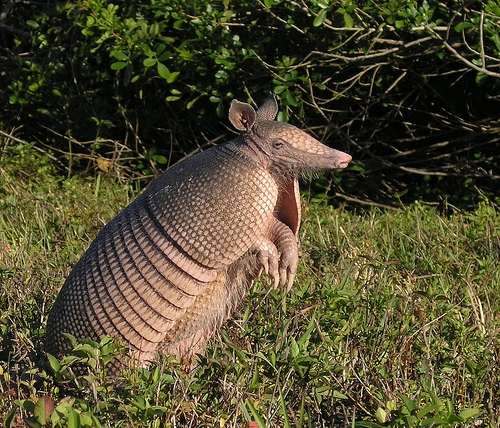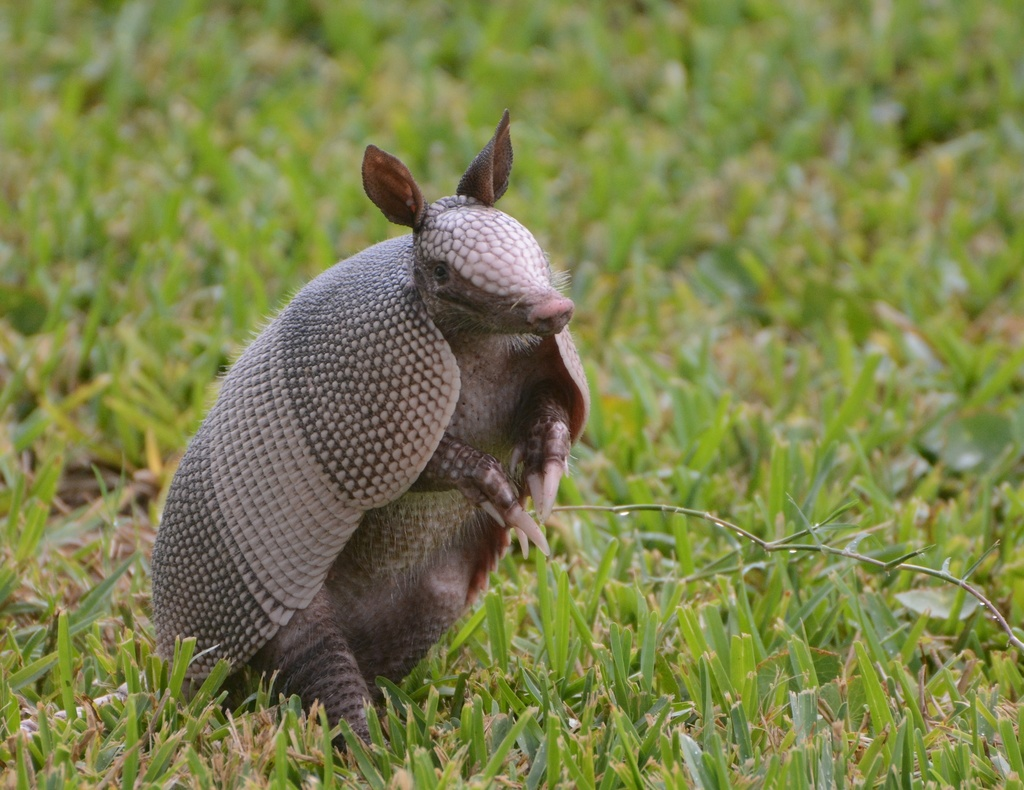Imagine digging a well and suddenly uncovering a strange, armored creature burrowing in the dirt. You might be tempted to take it home, thinking it’s a rare or fascinating find. But before you decide, let’s take a closer look at what this animal is and why it’s best to leave it in its natural habitat.
What Is Cingulata?

Cingulata is the biological order that includes armadillos, small to medium-sized mammals known for their protective bony shells. These fascinating creatures are primarily found in South and Central America, with some species also inhabiting the southern United States.
Unlike most mammals, armadillos have a natural armor made of bony plates, which helps shield them from predators. Their name comes from the Spanish word “armadillo,” meaning “little armored one.”
Why Are Armadillos Unique?
Armadillos are unlike any other mammals, with several unique characteristics that help them thrive in the wild:
- Armor-Plated Protection – Their hard shell acts as a natural defense, deterring predators and keeping them safe from harm.
- Burrowing Experts – Armadillos dig extensive underground tunnels to shelter themselves from extreme temperatures and potential threats.
- Insect Hunters – They primarily feed on insects, particularly ants and termites, using their sharp claws and long tongues to extract food from the ground.
- Solitary Lifestyle – Most armadillos prefer to live alone and only come together during mating season.
Is It Safe to Bring an Armadillo Home?
If you’ve found an armadillo while digging, your first instinct might be to keep it as a pet or relocate it. However, this is not a good idea, and here’s why:
- Armadillos Are Wild Animals – Unlike domesticated pets, armadillos are not suited for life in captivity. They have specialized needs that can’t be easily met in a home setting.
- They Require a Specific Diet – Armadillos rely on a diet of insects, grubs, and small invertebrates. Keeping them in captivity without access to their natural food source can lead to malnutrition.
- Burrowing Instincts – These creatures dig constantly. If kept at home, they may destroy floors, gardens, or yards by instinctively trying to burrow.
- Potential Disease Carriers – Some armadillos, particularly the nine-banded species, can carry diseases such as leprosy (Hansen’s disease). While transmission to humans is rare, handling them without proper precautions can pose risks.
- Legal Restrictions – In many areas, capturing, keeping, or relocating wildlife is illegal without proper permits. Fines and legal action can follow if you take one home without authorization.
What Should You Do If You Find an Armadillo?
If you come across an armadillo while digging a well or working outdoors, the best course of action is to leave it alone. Armadillos are harmless to humans and usually avoid confrontation. Here’s how to handle the situation:
- Observe From a Distance – If the animal isn’t in immediate danger, let it continue on its way.
- Do Not Try to Pick It Up – Armadillos have strong claws and may scratch in defense if they feel threatened.
- Protect Your Garden or Yard – If an armadillo is digging in your property, consider using humane deterrents like motion-activated lights or securing fences underground.
- Contact Wildlife Authorities – If you believe the armadillo is injured or trapped, reach out to a local wildlife rehabilitation center for assistance.
The Importance of Armadillos in the Ecosystem

Armadillos play a critical role in their environment by controlling insect populations and aerating soil with their burrowing. Removing them disrupts this natural balance, which can lead to an increase in pests and reduced soil quality.
Some people view them as pests due to their digging habits, but in reality, they are helpful to the ecosystem by eating insects that could damage crops or gardens.
Can Armadillos Be Domesticated?
The short answer is no. Unlike dogs or cats, armadillos are not domesticated animals. Even if raised in captivity from a young age, they retain wild instincts that make them unsuitable as pets.
Additionally, their nocturnal and solitary nature means they do not bond with humans in the way traditional pets do. Instead of attempting to tame them, it’s best to appreciate armadillos from a distance.
Protecting Armadillos for the Future

Despite their resilience, some armadillo species are facing threats due to habitat destruction, road accidents, and hunting in certain regions. Conservation efforts focus on preserving their natural habitats and educating people about their ecological importance.
If you want to help protect armadillos, consider supporting wildlife conservation groups or spreading awareness about their role in the environment.
Conclusion
If you dig a well and find an armadillo, resist the urge to take it home. While these creatures are fascinating, they belong in the wild where they can thrive naturally. Bringing one home could cause harm to both you and the animal, as they require specialized care and may carry health risks.
Instead, admire it from a safe distance, respect its role in nature, and contact wildlife professionals if necessary. Armadillos are an important part of our ecosystem, and by leaving them in their natural habitat, we help ensure their survival for future generations


